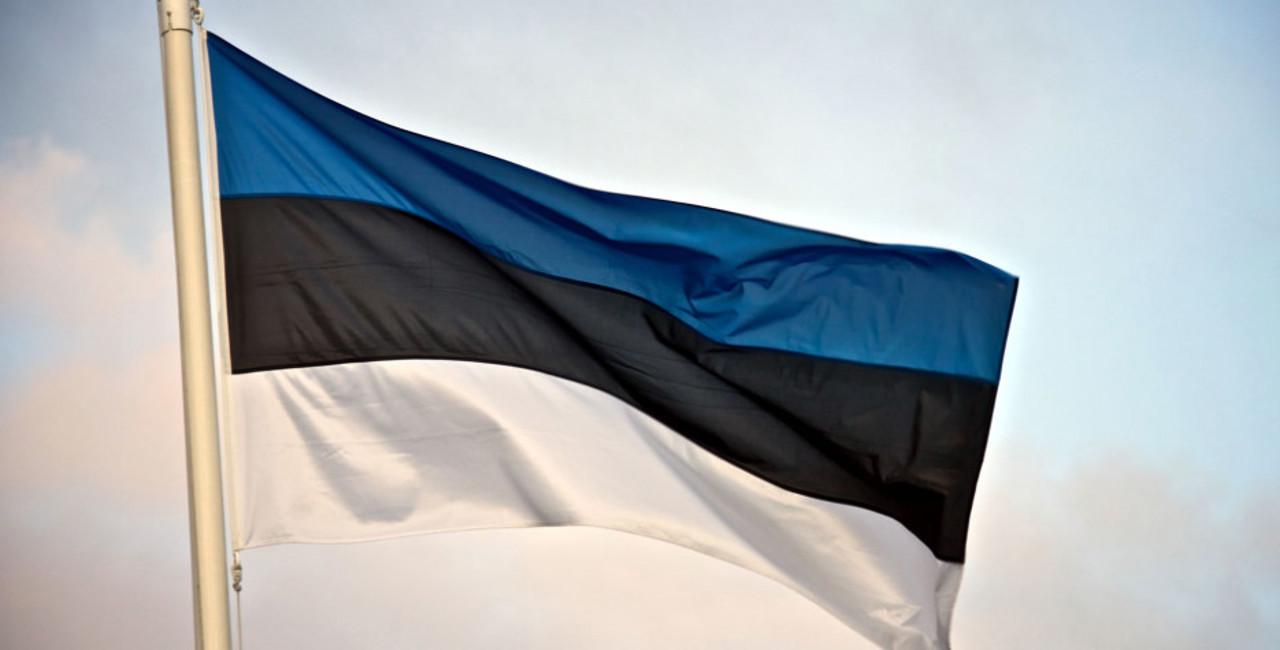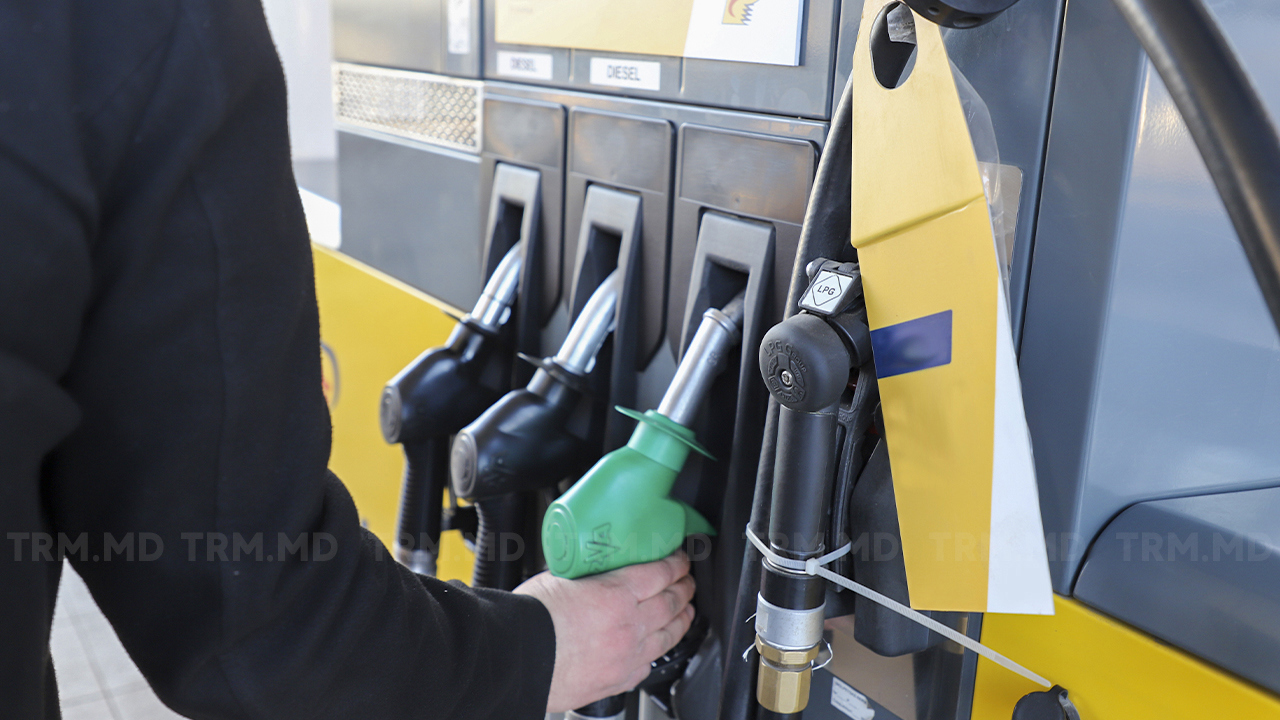Building Resilient Futures: Moldova's Path to Energy Security
Energy security stands as a pivotal pillar of national development, ensuring stable economic growth and shielding against external vulnerabilities.

Estonia, a nation devoid of substantial resources and formerly reliant on Russian energy, has effectively diversified its energy sources, thereby enhancing its energy security. Insights into Estonia's strategies and lessons, pertinent to similar energy challenges, are provided by Victor Guzun, the former ambassador to Tallinn and an esteemed expert in digitalization.
Estonia has mitigated its dependence on Russian energy imports by broadening its energy mix, investing in domestic resources such as shale, and embracing green energy sources like wind, solar, and various forms of biomass. Ranking sixth in the European Union for solar energy production per capita, Estonia aims to achieve complete reliance on renewable energy sources by 2030, with the current proportion already exceeding 45%.
Moldova must explore diverse energy sources, including renewables, wood and plant waste, solar, and wind energy, alongside implementing energy efficiency measures to reduce reliance on external suppliers.
Even in Estonia, where sunlight is comparatively scarce, solar energy is now considered a significant energy source. With approximately 240 sunny days annually, Moldova's investments in this sector promise substantially higher returns.
Regional cooperation in the energy sector assumes paramount importance. Estonia's active involvement in regional energy initiatives, such as the Baltic energy market interconnection plan, underscores the significance of such collaboration in bolstering energy security.
Our nation stands to benefit immensely from collaborating with neighbouring countries and regional energy initiatives to access alternative energy routes, infrastructural advancements, and emerging energy markets. Crucially, investment in electric and natural gas interconnection projects with Romania and EU nations is imperative.
Estonia has prioritised investments in energy infrastructure, including modernising power plants, upgrading transportation networks, and developing interconnectors to diversify supply routes. Similarly, Moldova must prioritise upgrading its energy infrastructure to enhance efficiency, reliability, and resilience against supply disruptions.
Across various sectors including industry, transportation, and residential buildings, Estonia has implemented energy efficiency measures to curtail consumption and fortify energy security. Recognizing the indispensable role of digitization in optimising energy operations, Moldova stands to benefit from Estonia's extensive expertise in this realm.
Estonia's experience in ensuring energy security through diversification, regional cooperation, infrastructure investment, energy efficiency, and promotion of renewable energy offers invaluable insights for Moldova. By tailoring similar strategies to its unique context, Moldova can mitigate energy vulnerabilities, enhance resilience, and pave the path for sustainable energy development.
Translation by Iurie Tataru





